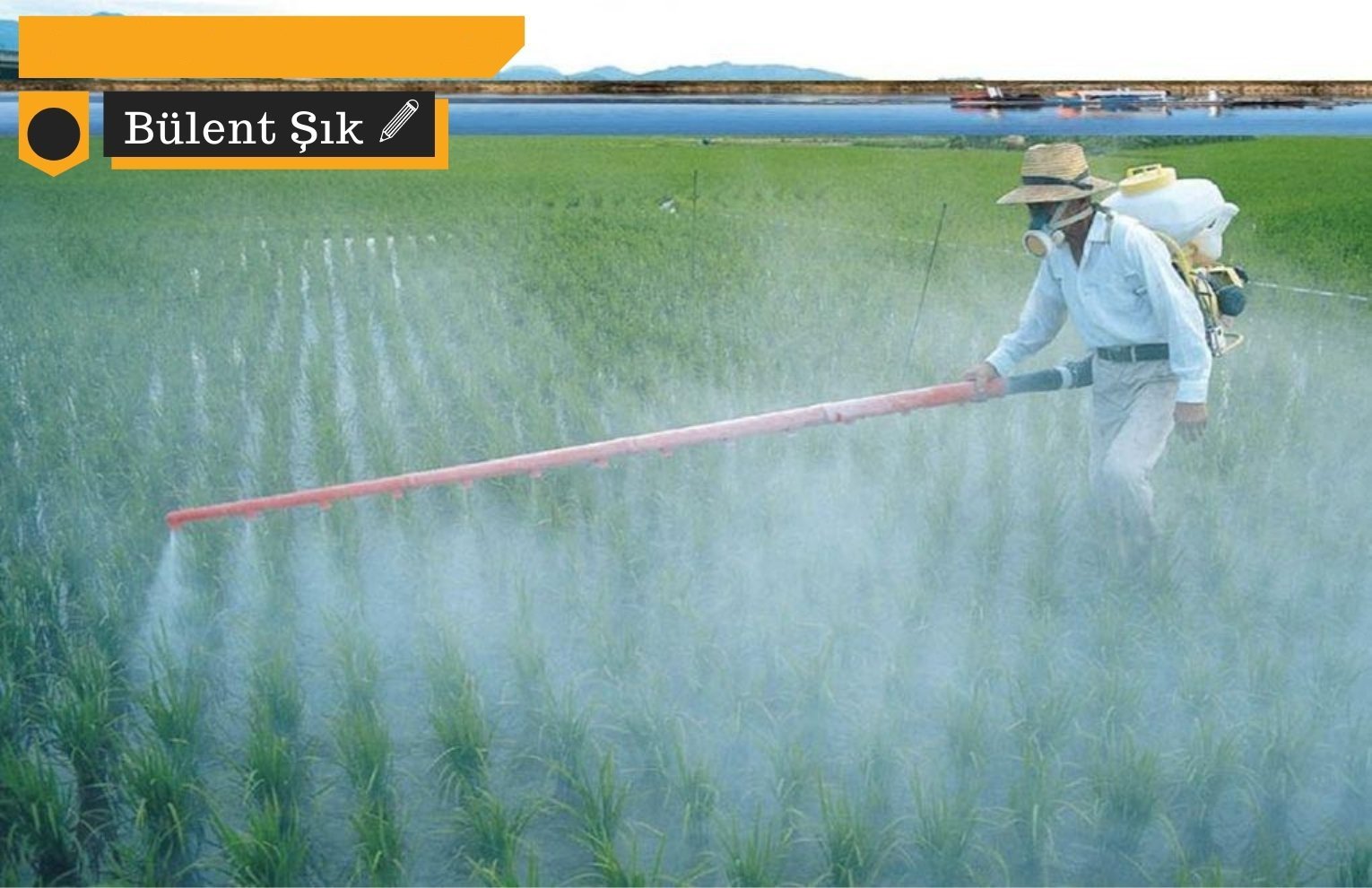Photo: Pixabay
Click to read the article in Turkish
Last November, more than 11,000 scientists from 153 countries released a statement, pointing out that the climate crisis will cause indescribable human suffering.
In the statement that was published on BioScience magazine on the 40th anniversary of the First World Climate Conference held in Geneva in 1979, it was said that we were already in the climate crisis and its severity would increase gradually.
In the statement, it was noted that humanity should take urgent measures and that the global society should radically change its relationship with natural ecosystems to secure the continuity of life and a sustainable future.
To explain the importance of the statement, I will mention two important studies, the results of which were also announced last year. The results of these studies show a very rapid decrease in the number of insect species on earth.
Insect species are decreasing
A comprehensive scientific examination, the results of which were announced in February 2019, reveals that the insect species in the world have disappeared with a worrying decrease rate. It is stated in the study that 40 percent of the insect species in the world may disappear in the next few decades. The extinction rate of insects is eight times faster compared to mammals, birds and reptiles.
Loss of habitat (shrinking of insects' habitats because of urbanization, agricultural areas, industrial activities, etc.) and pesticides, which have been systematically and widely used over the past 60-70 years, are stated as the main causes of the rapid disappearance of insect species.
The collapse of the ecosystem
In another comprehensive study published in late 2019, it was stated that the number of insect species was decreasing even in protected habitats such as forest and pastures. The most important reason for the decrease is intensive agricultural activities based on excessive use of chemicals (pesticides). In particular, forest areas close to regions where agricultural activities are intense, grasslands and pastures are at risk.
Until now, it was thought that this type of protected areas could be seen as a shelter for living beings and the living beings in these areas are not much affected by the toxic impact of pesticides or factors that cause destruction such as chemical pollution. The findings of the research are very important because they indicate the possibility of the collapse of the earth's ecosystem, and because of that the results of the study were announced by making a statement that the issue is important enough to require a paradigm change.
Insects are a very large group of living beings that include millions of species and that have been able to exist in nature for hundreds of millions of years. They are of indispensable importance for the continuity of natural life.
What should we do?
An organization called Pesticide Action Network (PAN), which operates worldwide on the damage of pesticides and alternative applications to pesticide use, listed pesticides that damage insects one by one in a study published in March last year. In the part of the publication titled "environmental toxicity," there are 148 pesticides that damage fly insects and aquatic organisms and maintain their toxic effect for a long time in the water, bottom mud and soil.
Although numbers vary from country to country, all of these pesticides included in the list are used in world agriculture and a large majority of them are used in our country's agriculture such as various pesticides in the chlorpyrifos, malathion and neonicotinoid group, which are among the most harmful pesticides to insects. I should also mention that the use of pesticides on the list is increasing year by year.
Public pressure is needed
A list similar to the one published by PAN had also been published by Greenpeace. Actually, such lists have been published by PAN and Greenpeace since 2009. The lists created are based on a serious academic basis. In order to limit the use of pesticides, there is a need for academic studies demonstrating the extent of the current problems, as well as putting public pressure on the relevant institutions (for example, the Ministry of Agriculture and Forestry and the Ministry of Health).
However, in order to create such pressure, the first thing that needs to be done is to determine the pesticides that harm the insects the most one by one, in other words, to create a blacklist. It will be more right to express tangible demands through a blacklist. I will continue this important topic in the next article. (BŞ/NÖ/VK)





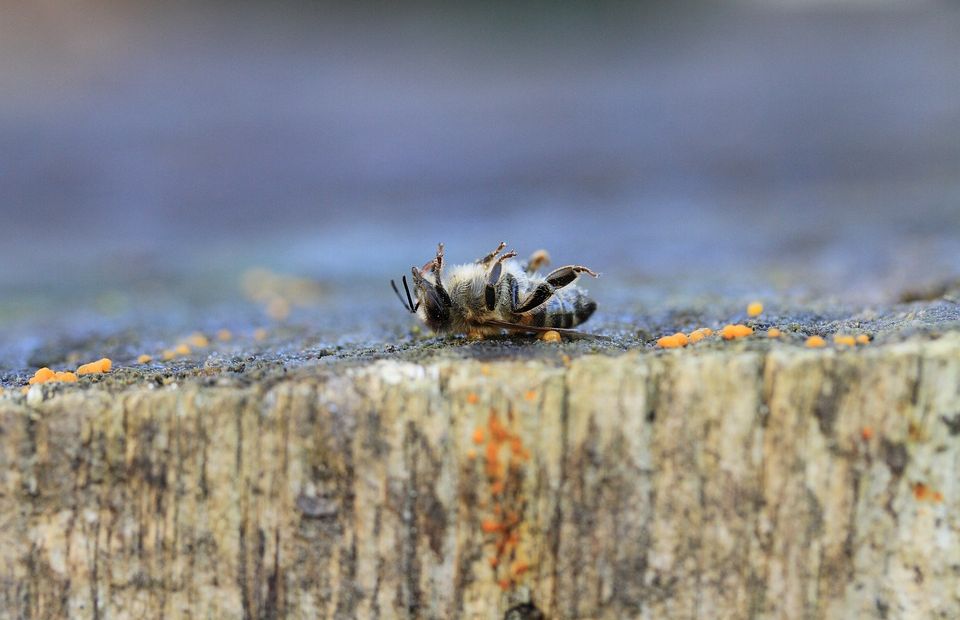
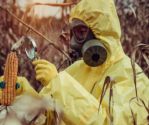
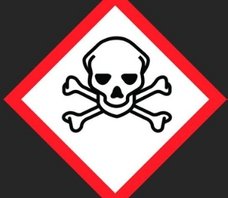
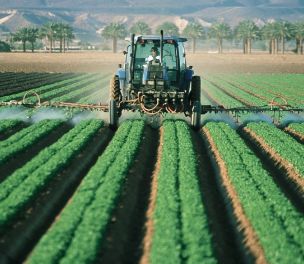
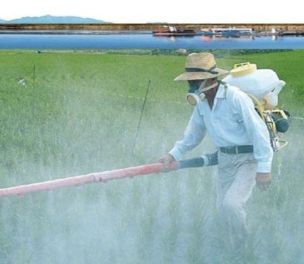
sa.jpg)

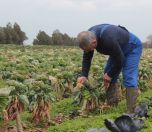
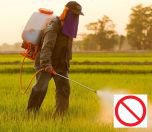

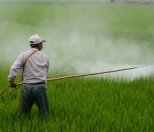
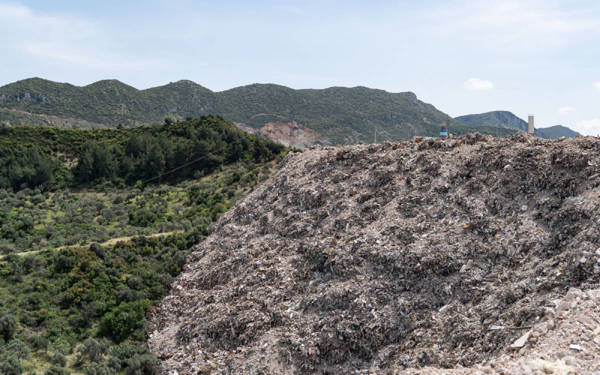
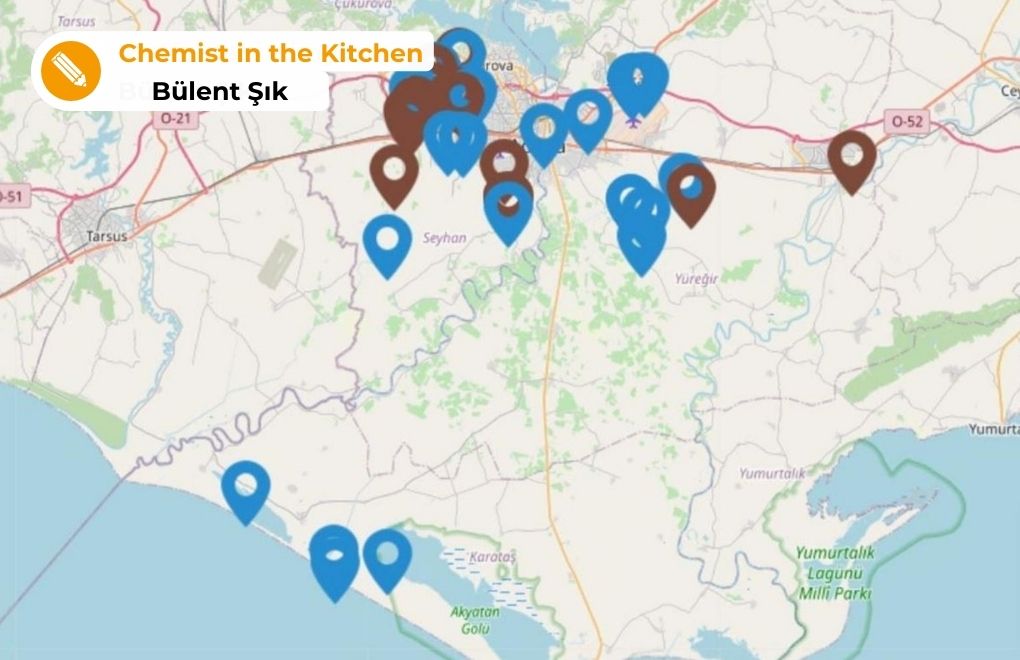

.jpg)
